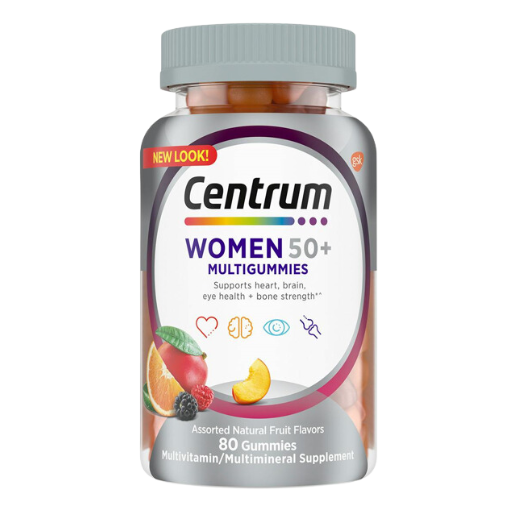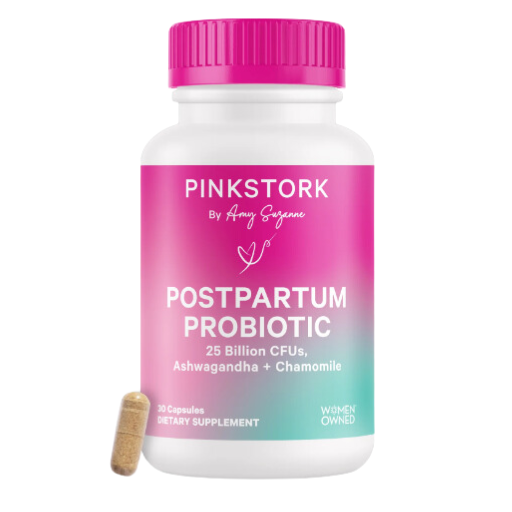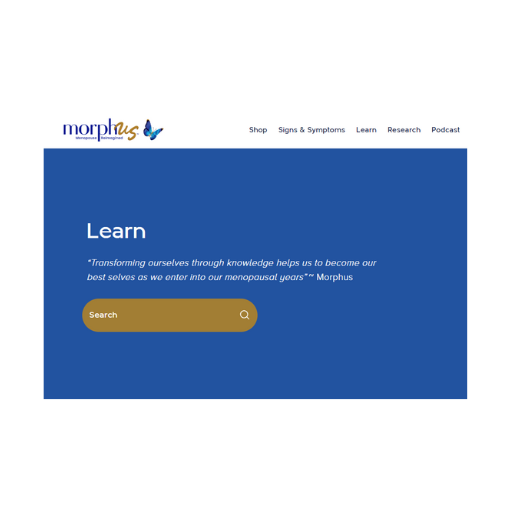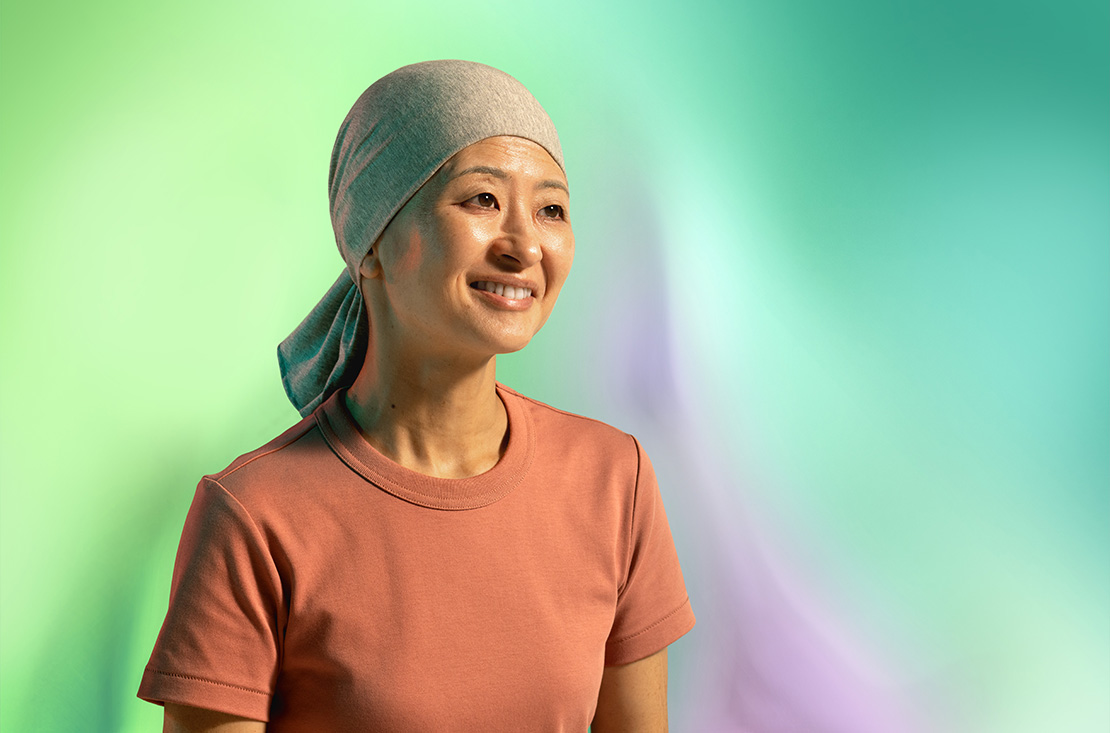1. https://thebehavioursagency.com/reports/marketing-to-midlife-women/
2. https://www.menopausenow.com/stages
3. https://hellobonafide.com/pages/state-of-menopause-2022 ; https://www.thelancet.com/infographics-do/menopause-2024
4. https://www.euromonitor.com/press/press-releases/feb-2024/women-are-prioritising-health-and-embracing-holistic-solutions-to-take-charge-of-their-wellbeing-euromonitor-international
5. Szoeke, C. E., Cicuttini, F. M., Guthrie, J. R., & Dennerstein, L. (2008). The relationship of reports of aches and joint pains to the menopausal transition: a longitudinal study. Climacteric : the journal of the International Menopause Society, 11(1), 55–62. https://doi.org/10.1080/13697130701746006
6. Slykerman, R. F., Hood, F., Wickens, K., Thompson, J. M. D., Barthow, C., Murphy, R., Kang, J., Rowden, J., Stone, P., Crane, J., Stanley, T., Abels, P., Purdie, G., Maude, R., Mitchell, E. A., & Probiotic in Pregnancy Study Group (2017). Effect of Lactobacillus rhamnosus HN001 in Pregnancy on Postpartum Symptoms of Depression and Anxiety: A Randomised Double-blind Placebo-controlled Trial. EBioMedicine, 24, 159–165. https://doi.org/10.1016/j.ebiom.2017.09.013
7. Hellhammer J, Waladkhani A R, Hero T & Buss C (2010): Effects of milk phospholipid on memory and psychological stress response. British Food Journal, 112, 1124-1137.
8. Abraham, C. L., & Seremetis, S. (1997). Breast health at midlife: guidelines for screening and patient evaluation. Geriatrics, 52(6), 58–66.
9. https://medicine.wustl.edu/news/breast-cancer-rates-increasing-among-younger-women/
10. Medical Nutrition International Industry. Value of medical nutrition in oncology – Evidence dossier 2020. Available at: https://www.medicalnutritionindustry.com/files/user_upload/documents/cancer/MNI_oncology_dossier_2020.pdf. Accessed October 2022
11. Sharma, S., Tandon, V. R., & Mahajan, A. (2007). Menopausal symptoms in urban women. Alcohol, 4(3.41).







